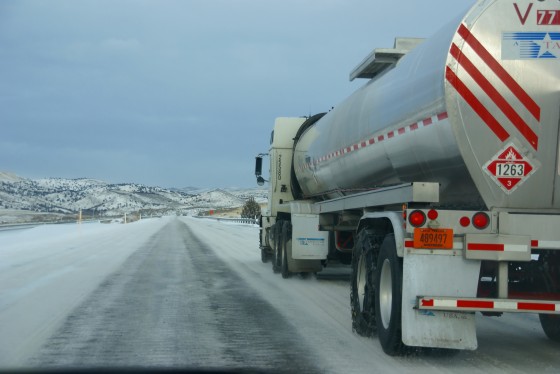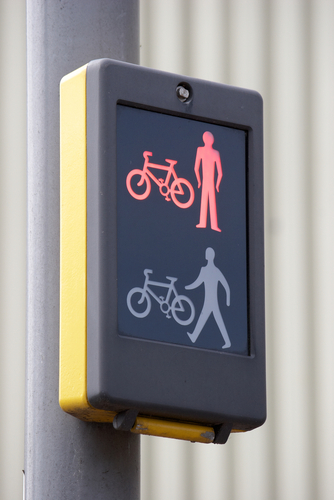Winter is suddenly upon us. In Buffalo, New York, four deaths have been attributed to a winter storm that dumped up to six feet of snow. The storm was blamed for three more deaths in New Hampshire and Michigan. Whether commuting to work, driving a long-haul truck or overseeing a fleet of vehicles, winter presents business hazards. To stay safe and on the road during inclement weather, experts advise keeping vehicles in top condition with frequent safety checks. The National Highway Traffic Safety Administration reports that “failure to keep in proper lane or running off the road” and “driving too fast for conditions” are the two of the most frequent driver behaviors causing accidents.
For safe winter driving, the NHTSA urges drivers to:
• Check your battery
• Check your cooling system
• Fill your windshield washer reservoir
• Check windshield wipers and defrosters
• Check floor mat installation to prevent pedal interference
• Inspect your tires
• Check the age of your tires
• Stay vigilant while driving
Long-haul truckers have special concerns. ShiftintowinterBC urges drivers to be on the lookout for black ice. Ice buildup on windshield wipers is a sign that conditions are favorable for black ice. Drivers should also slow down when approaching shaded areas, overpasses and bridges—portions of the road that freeze sooner than others. The organization recommends dropping speeds to match conditions, leaving more distance from the vehicle in front and pulling off the road if driving conditions become too extreme.
To avoid potentially dangerous situations, the Insurance Information Institute (I.I.I.) offers these winter driving tips:
- Give yourself enough time to arrive at your destination. Trips can take longer during winter than other times of the year, especially if you encounter storm conditions or icy roads.
- Bring a cellphone so that those awaiting your arrival can get in touch with you, or you can notify them, if you are running late. But avoid the temptation of using the phone while driving, as it can be a dangerous distraction—pull over first.
- Drive slowly because accelerating, stopping and turning all take longer on snow-covered roads.
- Leave more distance than usual between your vehicle and the one just ahead of you, giving yourself at least 10 seconds to come to a complete stop. Cars and motorcycles usually need at least 3 seconds to halt completely even when traveling on dry pavement.
- Be careful when driving over bridges, as well as roadways rarely exposed to sunlight—they are often icy when other areas are not.
- Avoid sudden stops and quick direction changes.
- Be sure to keep your gas tank full. Stormy weather or traffic delays may force you to change routes or turn back. A fuller gas tank also averts the potential freezing of your car’s gas-line.
- Keep windshield and windows clear. Drivers in cold-weather states should have a snow brush or scraper in their vehicle at all times. Your car’s defroster can be supplemented by wiping the windows with a clean cloth to improve visibility.
- Do not activate your cruise control when driving on a slippery surface.
- Do not warm up a vehicle in an enclosed area, such as a garage.
- Keep your tires properly inflated and remember that good tread on your tires is essential to safe winter driving.
- Check your exhaust pipe to make sure it is clear. A blocked pipe could cause a leakage of carbon monoxide gas into your car when the engine is running.
- Monitor the weather conditions at your destination before beginning your trip. If conditions look as though they are going to be too hazardous, just stay home.


